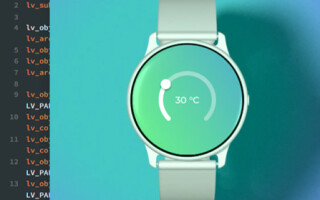Legacy PCMCIA and CompactFlash solutions are still available
May 20, 2015

In the past, manufacturers such as Sandisk and SiliconSystems created custom configurations and designated custom part numbers for customers. Now, as...
In the past, manufacturers such as Sandisk and SiliconSystems created custom configurations and designated custom part numbers for customers. Now, as PCMCIA cards are becoming increasingly difficult to locate and, even more so, to get configured, how do you locate new stock?
Working with a qualified and experienced manufacturer allows you the flexibility to transition to a new part while still maintaining your existing tooling. For example, many companies have legacy equipment still using PCMCIA cards to on- and offload data. The BIOS on this equipment cannot be upgraded, so new, larger capacity cards such as 2 GB and higher will not work. You need to locate compatible, small-capacity cards as low as 16 MB.
Legacy equipment manufacturers, on direction from the storage provider, wrote software to only recognize one type of manufacturer’s card. In this case there is no other solution but to rewrite the code to only write data to the particular manufacturer’s card, as the card information is embedded in the software. Other abnormalities occur when legacy software writes to only a specific sector on the card, in which case the card must be configured to allow the software to see the appropriate sector first.
Yet another hurdle can be that of configuration and the type of controller used during the manufacturing process of the SSD storage card. Due to fluctuations in power and the speed at which data is written, newer cards may not adapt to the older equipment’s power or read/write capabilities. The SSD storage replacement card must accommodate for power fluctuations and read/write speeds.
The final barrier to locating a legacy SSD storage solution is temperature. Typical SSD cards are commercially rated at 0 ºC to +70 ºC. Many industrial solutions require a higher temperature rating due to environmental conditions to ensure data integrity. For this reason, the wide temperature specification of -40 ºC to +85 ºC is required for industrial and military applications.
Work with an experienced storage provider with a working knowledge of legacy equipment support and modern SSD compatibility to avoid the pitfalls of matching memory solutions with existing applications.
PCcardsDirect.com
@PCcardsDirect




